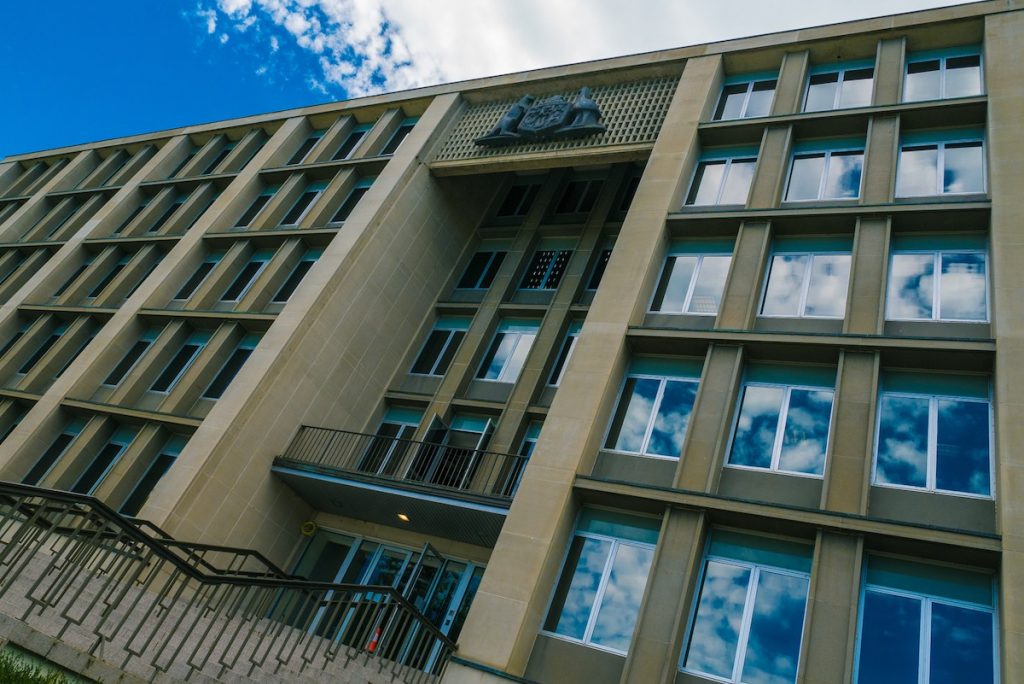Leanne Joyce is an experienced corporate and public sector communicator, working as a consultant in government policy, media management, stakeholder relations and executive management. In this episode of the InTransition podcast she discusses ministerial communications and finding the stories in public-sector organisations.
Key points from the interview with David Pembroke:
- clarifying the roles of government agency and minister’s office
- identifying stories that have impact
- prioritising with too few resources
- consider the audience
- proving the value of communications to management
- the value of joining the IABC (International Association of Business Communicators)
Listen to the podcast:
Selected links:
Leanne Joyce on ministerial communications:
“I actually drafted a media protocol between the government agency and the minister’s office, which was, ‘Here’s who you talk to. We’ll talk to you about what’s coming up.’
That protocol really helped. It really helped clarify roles and relationships. The media advisor and the minister was responsible for the minister, and we delivered on a whole bunch of other things with their sanction. Now, if you get tied up in a lack of clarity or minister’s office is not making decisions on things, and that can be very untidy.
When I worked in New South Wales government, we had six ministers. I kept an editorial calendar across the portfolio. I’d go and see them and say, “Here’s what’s coming up. Are you interested in this story,” or “What would that look like?” We would work through a programme for the next month. It really helped both of us.
In the comms team, when you’ve got media people or those of us with a journalistic instinct, you just know what a good story is, but when you go around to an organisation sometimes, you’ve got people beavering away on one of the best stories. You almost have to look under a rock to find it. It really does mean you have to know your business and you have to understand your organisation and really make connections across the organisation so you can get a sense of where are the really good, interesting things that are going on.
Get in front of people, and those face-to-face relationships are really important. The other issue is whether you have a central function or a hub and spoke or people in the line areas. The value of being in front of people is being in those line areas and building that relationship because that’s the only way you really can get information out of them and build their trust to do something, build a story around their project or what they’ve found.”

